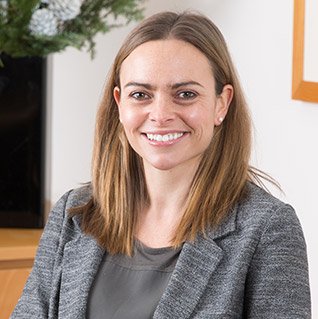Video Description
Dr Janine King, a clinical psychologist with special interests in education and psychology, explains why talking therapies are beneficial for children because they happen in a safe, objective space. https://www.thechelseapsychologyclinic.com Chelsea Psychology Clinic are a group of London psychologists and psychiatrists offering private psychological therapy and psychiatry treatment from their premises across central London and Chelsea. The private therapy sessions cover the following areas: – Acceptance & Commitment Therapy – Cognitive Analytic Therapy – Cognitive-behavioural Therapy – Couples Therapy – Dialectical-behaviour Therapy – Mentalisation Based Treatment – Mindfulness Based Cognitive Therapy – Schema Therapy
Video Transcription
Therapy enables the child a safe and secure environment and space in which to talk things through. It’s a relationship that’s objective. It’s removed from the family members. And so, in that case, it takes away the sort of perhaps any fears they may have about burdening people in the family or fears of judgment in the family. So it’s a bit of a unique relationship. It’s a space where they can talk openly about what they’re feeling, and the therapist can help them to make sense of why they’re experiencing what they’re experiencing. And then hopefully come up with some strategies that can help them to manage those things better.

